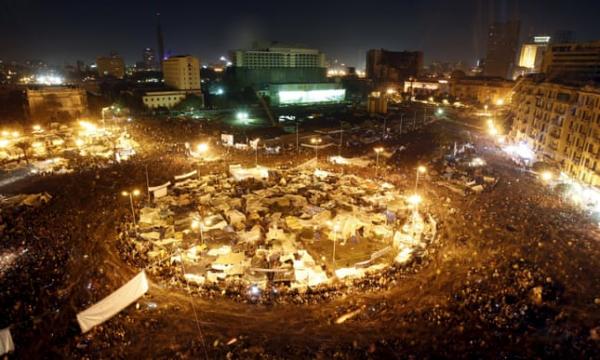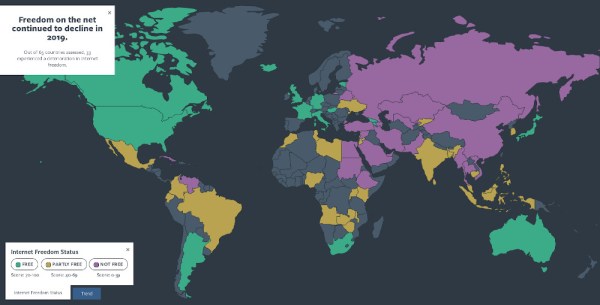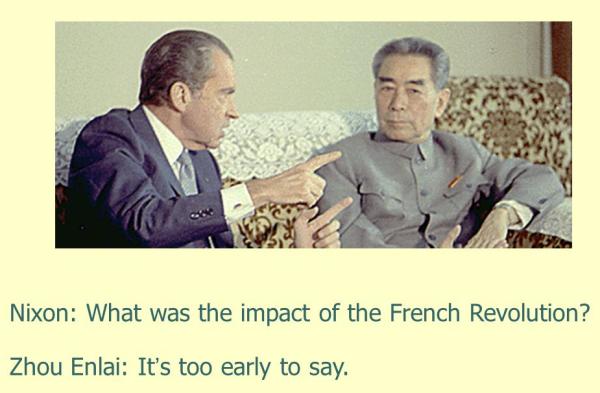From Arab Spring to Internet not freedom in nine years
Remember the Arab Spring?

Back in 2011, Facebook and Twitter “abetted, if not enabled, the historic region-wide uprising”. I still remember all media repeating that concept, in one way or another. You can still read, in that specific article, how an Arab Social Media Report of 2011 found out that it is also to those social networks that activists were able to:
“organise and publicise the unprecedented protests that gave rise to the so-called Arab Spring, which has so far seen longtime governments in [Arab countries] offer more benefits to their populace. [Social media played a critical role mobilisation, empowerment, shaping opinions and influencing change”.
“All thanks to social media”

That was 2011. Today, just eight years later the Arab Springs, it is thanks to social media that “internet freedom is down for the the ninth straight year. Which is, in case you missed it, is like saying “since the very same days in which the Arab Spring was still mobilising and empowering, thanks to social media”.
Today, as Al Jazeera puts it, “Twitter exists to demobilise opposition, fails Arabs”: “government talking points are being magnified through thousands of accounts” while human rights activists and opponents of the state are silenced.
Did this happened because of, say, the aftermaths of the 2008 financial meltdown? No, what the new report by Freedom On The Net says is that “for the ninth consecutive year, internet freedom has declined, and it’s all thanks to… social media”.

Summarizing, in 2019 we have “sharp global increase in the abuse of civil liberties and shrinking online space for civic activism” because:
- Social media has been mined by intelligence services engaged in “the collection and analysis of vast amounts of data on entire populations”
- Law enforcement and immigration agencies expanded their surveillance of the public, eschewing oversight, transparency, and accountability mechanisms that might restrain their actions
- Officials increasingly monitor social media platforms
Remember Zhou Enlai

You may already know that in 1972, when asked about the influence of the French Revolution of 1789, then Chinese premier Zhou Enlai pondered about it for a moment, then answered: ‘Too early to say.’
That story is wrong, because Zhou Enlay was referring to the other “French Revolution, in… May 1968, only four years earlier. But it seems that even eight years are too early to tell.
Who writes this, why, and how to help
I am Marco Fioretti, tech writer and aspiring polymath doing human-digital research and popularization.
I do it because YOUR civil rights and the quality of YOUR life depend every year more on how software is used AROUND you.
To this end, I have already shared more than a million words on this blog, without any paywall or user tracking, and am sharing the next million through a newsletter, also without any paywall.
The more direct support I get, the more I can continue to inform for free parents, teachers, decision makers, and everybody else who should know more stuff like this. You can support me with paid subscriptions to my newsletter, donations via PayPal (mfioretti@nexaima.net) or LiberaPay, or in any of the other ways listed here.THANKS for your support!